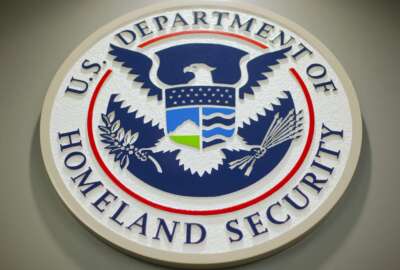House OKs federal pension hike as part of fiscal-cliff alternative
The House approved a bill Thursday requiring federal employees to contribute more toward their retirement as part of a broader deal to avert the the so-called...
The House approved a bill Thursday requiring federal employees to contribute 5 percent more of their salaries over five years toward retirement as part of a broader deal to avert the the so-called fiscal cliff.
The 2012 Spending Reduction Act, introduced by House Majority Leader Eric Cantor (R-Va.), is nearly identical to a measure passed by the House last spring that sought to nullify the automatic sequestration cuts by replacing them with alternative savings.
Federal workers under the Federal Employees Retirement System now pay 0.8 percent of their salaries toward their pensions while the government kicks in 11.7 percent. Under the proposed bill, by 2017 federal workers under FERS would be required to contribute 5.8 percent. The bill would also eliminate a supplementary payment for feds who retire before they’re eligible for Social Security, however, that would only apply to new hires.
House Republican leaders are pairing the spending-cut bill with their “Plan B” tax-cut bill. Votes on both bills are expected Thursday evening.
The bill also contains a provision allowing federal employees to invest unused annual leave and vacation into their Thrift Savings Plan accounts.
Federal-employee unions have denounced the pension hikes.
“Make no mistake, an increased contribution toward one’s pension, with no corresponding increase in benefits, is a pay cut,” Colleen Kelley, president of the National Treasury Employees Union, wrote in a letter to lawmakers.
The bill is likely dead-on-arrival in the Senate. After the House passed the first version of the bill earlier this year, Senate Democratic leaders never brought it up for a vote.
RELATED STORIES:
In deficit talks, fed groups fear alternatives could cut benefits
House OKs bill increasing feds’ retirement contributions
Copyright © 2025 Federal News Network. All rights reserved. This website is not intended for users located within the European Economic Area.





